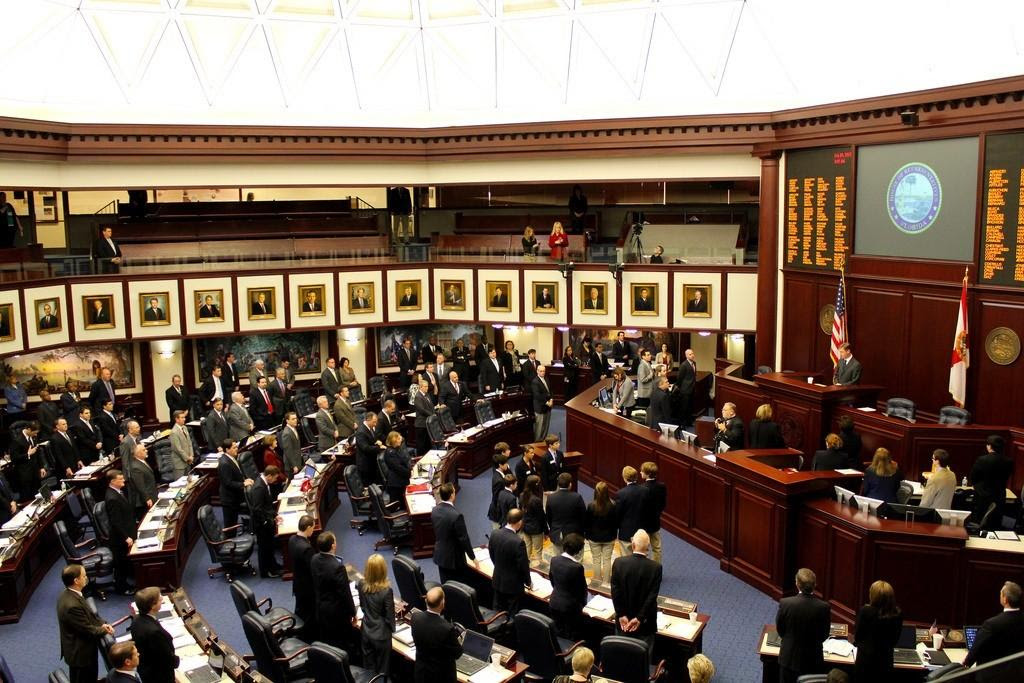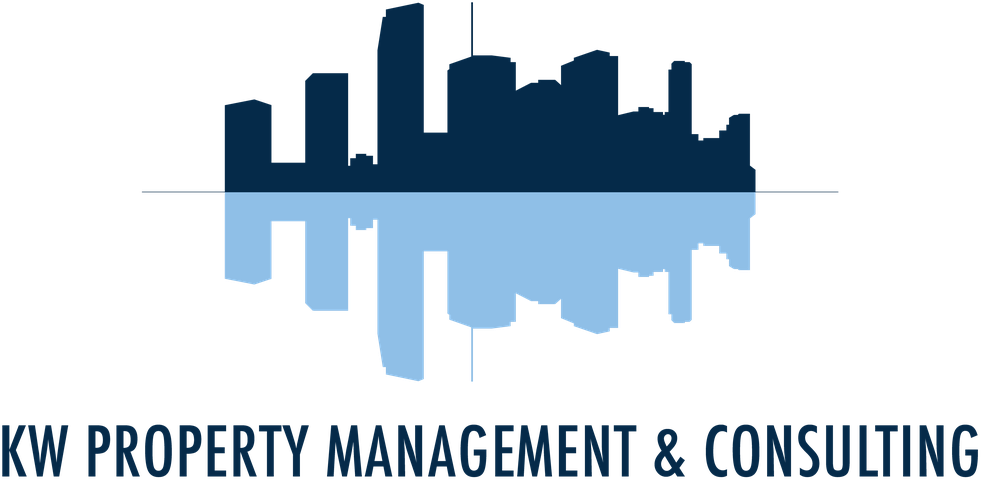Blog
Blog

Miya’s Law: Landlords Have New Safety Requirements to Meet Under Florida Rental Unit Legislation
Contributed by Daily Business Review Real Estate Reporter, Melea VanOstrand Here’s what Florida landlords and their attorneys need to know to stay in compliance with Miya’s Law, named after an Orlando student who was killed in her apartment in 2021 by a maintenance worker. Florida Gov. Ron DeSantis has signed a bill aimed at making residential tenants safer by requiring background checks for prospective employees, maintaining a detailed key log and increasing notification requirements for maintenance and repairs. Senate Bill 898, known as “Miya’s Law”, is named after Miya Marcano, an Orlando student who was killed in her apartment in 2021 by a maintenance worker who entered her unit with a key fob. “Every tenant deserves to be safe in their own home,” said DeSantis in a press release. “By signing this legislation, we are making it safer to live in a rental unit and giving renters more peace of

2022 Florida Legislative Special Session Finally Produces Some Meaningful Legislation On Condominium Reform
By JEREMY APISDORF, JONATHAN GOLDSTEIN, AND REBECCA CASAMAYOR The tragedy that occurred in South Florida due to the Champlain Towers South collapse resulted in crescendoing calls for legislative changes to Florida’s Condominium Act, in order to prioritize the safety of condominium residents and structures. To further that interest Florida created the Condominium Law and Policy on Life Safety Issues Advisory Task Force to make suggestions on creating comprehensive standards for condominium structural and building safety and in October 2021, the Task Force released its report containing recommendations regarding uniform requirements for inspections, funding, and reporting relating to the maintenance and repair of condominiums. Many were shocked when Florida’s 2022 legislative session produced no meaningful condominium law reform, despite expectations for major changes to both the Condominium and HOA Acts, including anticipated changes relating to structural issues and building safety. Then came the legislative special session, and in 7 days (from

Inflation-Proofing Your Community Association Budget
Community association dues are not fixed, meaning the fees may increase or decrease depending on a variety of variables. An increase in dues doesn’t always happen every year during budget season, but when it happens, homeowners are frequently concerned. While there are many factors that can contribute to an increase in association dues, in some cases, inflation can be blamed. It is crucial to first understand how associations establish monthly dues in order to comprehend how inflation can affect them. Every community association has a board of directors who are in charge of creating the budget. The projected costs for the following year are included in this budget. The board will allocate the whole amount of anticipated expenses from this budget among the local homeowners, including themselves. The annual budget substantially depends on anticipated expenses. The budget increases in tandem with rising costs. Additionally, in an economic landscape like the

What Buyers Are Looking at Before Buying a Home or Unit in Your Community
While it’s a seller’s market right now, homes and condos have been selling at a rapid pace and at record-breaking prices especially throughout Florida markets. However, when a buyer is looking at purchasing a unit or a home in a community association, there are usually several things that they evaluate before making an offer – which could ultimately affect the sales price and the valuation of your property. Here are the things that buyers consider before purchasing a home in a community association: Does Your Community Have Low Reserves? Once a buyer puts a new home in your community under contract, they will receive what is called the resale package, which includes the financials and rules and bylaws for the association. They are then typically granted a set period of time to review this package. Part of the resale package general will include the Financial Statements (balance sheet, bank statements,

What Boards Should Know About 40-Year Recertification
When a residential or commercial building in specific counties in the State of Florida – including Miami-Dade and Broward County – celebrates its 40th birthday, it must be recertified by an engineer or architect to ensure its structural and electrical safety. Thereafter, buildings must be recertified every ten years. Here are the basics that boards should know about the recertification process: The types of buildings included depends on which County you live in. In Miami-Dade County, 40-year recertifications apply to all buildings except for single-family homes, duplexes, and buildings that have an occupant load of 10 or less and 2,000 square feet or less. In Broward County, it applies to all buildings except single-family homes, duplexes, those less than 3,500 square feet, and U.S. government or Florida state government buildings that are built on Indian reservations. Generally speaking, the building will receive a notice when coming up on the 40-year
